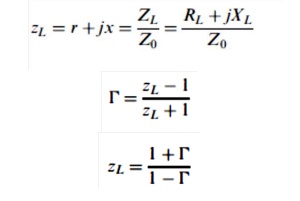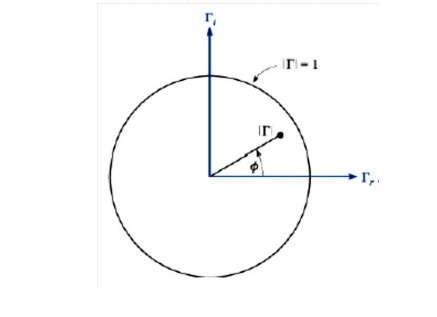Chapter: Transmission and Distribution : Modelling and Performance of Transmission Lines
Circle Diagrams - Transmission line
CIRCLE DIAGRAMS
Transmission
line problems often involve manipulations with complex numbers, making the time
and effort required for a solution several times greater than that needed for a
similar sequence of operations on real numbers. One means of reducing the labor
without seriously affecting the accuracy is by using transmission-line charts.
Probably the most widely used one is the Smith chart. Basically, this diagram
shows curves of constant resistance and constant reactance; these may represent
either an input impedance or a load impedance. The latter, of course, is the
input impedance of a zero-length line. An indication of location along the line
is also provided, usually in terms of the fraction of a wavelength from a
voltage maximum or minimum. Although they are not specifically shown on the
chart, the standing-wave ratio and the magnitude and angle of the reflection
coefficient are very quickly determined. As a matter of fact, the diagram is
constructed within a circle of unit radius, using polar coor- dinates, The
basic relationshipupon which the chart is constructed is

The
impedances which we plot on the chart will be normalized with respect to the
characteristic impedance. Let us identify the normalized load impedance as zL


Related Topics